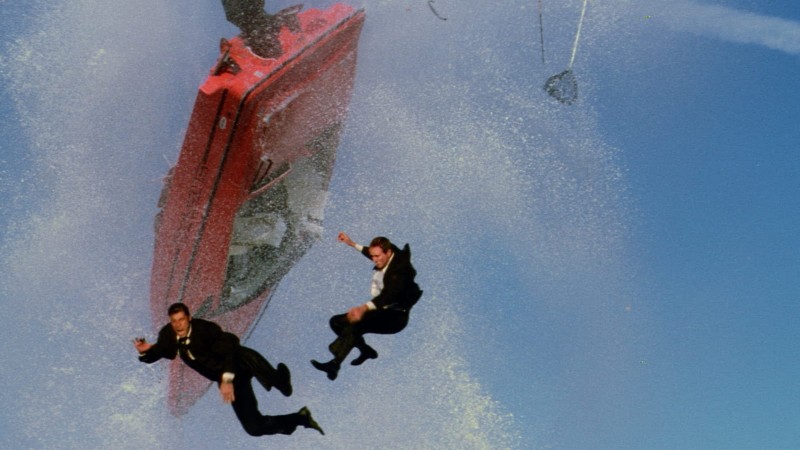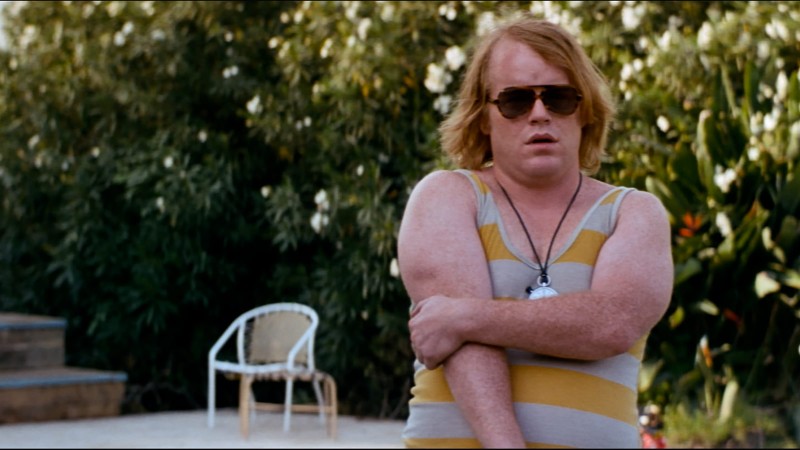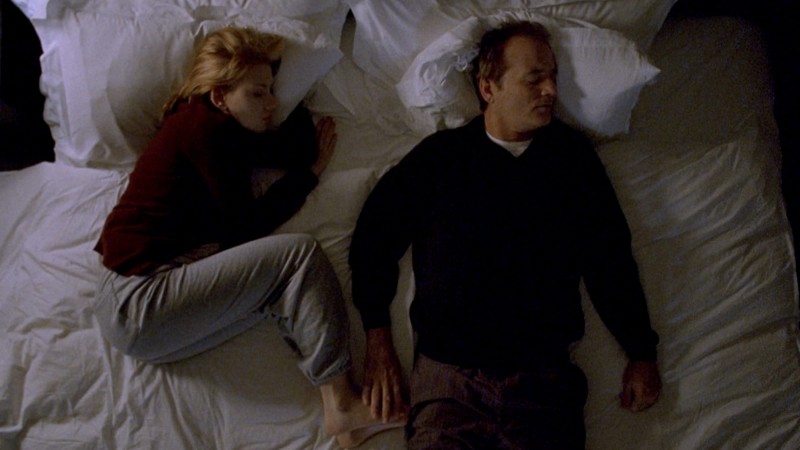Masters of Suspense

Both halves of this week’s Friday Night Double Feature, Alfred Hitchock’s The Lady Vanishes and George Sluizer’s The Vanishing, hinge on the disappearance of a woman but share far more than that plot twist. The Lady Vanishes is a classic comic thriller and The Vanishing is one of modern cinema’s greatest existential horror movies. Each is also a peak example of how much suspense a superb director can wring from an intriguing premise without resorting to yelling “boo!” or splashing gore.
Coincidentally, last week, after our showing of M and The Silence of the Lambs, I got a note from producer-writer-author David O. Weddle (Battlestar Galactica,The Strain) that spoke to this issue. He declared M one of his “all time favorite movies,” in part because it proved that “not showing an act of violence but implying it could be more powerful.” This thought applies in spades to both movies in our double feature.
In The Lady Vanishes, Hitchcock creates a sprightly piece of escapism around an eccentric old Englishwoman who seems to dematerialize while traveling on a Continental train and the fractious budding romance between a mischievous musicologist and a betrothed playgirl who attempt to enlist their fellow passengers in a search for the missing woman. Any brutality here is brisk—from a knock on the noggin with a flowerpot to a climactic gunfight—and Hitchcock manages to be impish and nerve-wracking simultaneously. When he sets up the potential cliché of an evil “brain specialist” drugging the hero’s and heroine’s brandies, he lets the scene play out, teasing the villain and the audience with the question, “Will they ever drink it?” As Hitchcock said, he didn’t rely for his effects “on quick cutting or on incessant camera movement, but by packing every sequence with incident and small details of characterization.”
In The Vanishing, Sluizer crafts a haunting, civilized piece of sadism, pure but by no means simple, about a young woman who mysteriously goes missing while motoring from Amsterdam to the Midi with her fractious, impatient boyfriend. As the latter’s relentless search stretches into a third year, Sluizer depicts his “need to know” as a cerebral disease. The quest becomes more important to him than the woman herself. Meanwhile, Sluizer sets in motion a second storyline about a meticulous, sociopathic family man and educator who prepares to commit an atrocity. The Vanishing is wickedly smart: it demonstrates that if a little knowledge is a dangerous thing, a lot of knowledge can be fatal. In this excerpt from our interview with Sluizer, which you can watch on the Channel along with the film (and also on our release), he says he builds suspense by toying with what the characters know and don’t know as well as the playful use of objects and the skillful deployment of extras to keep us guessing about just what’s important—his own extension of Hitchcock’s legacy.





